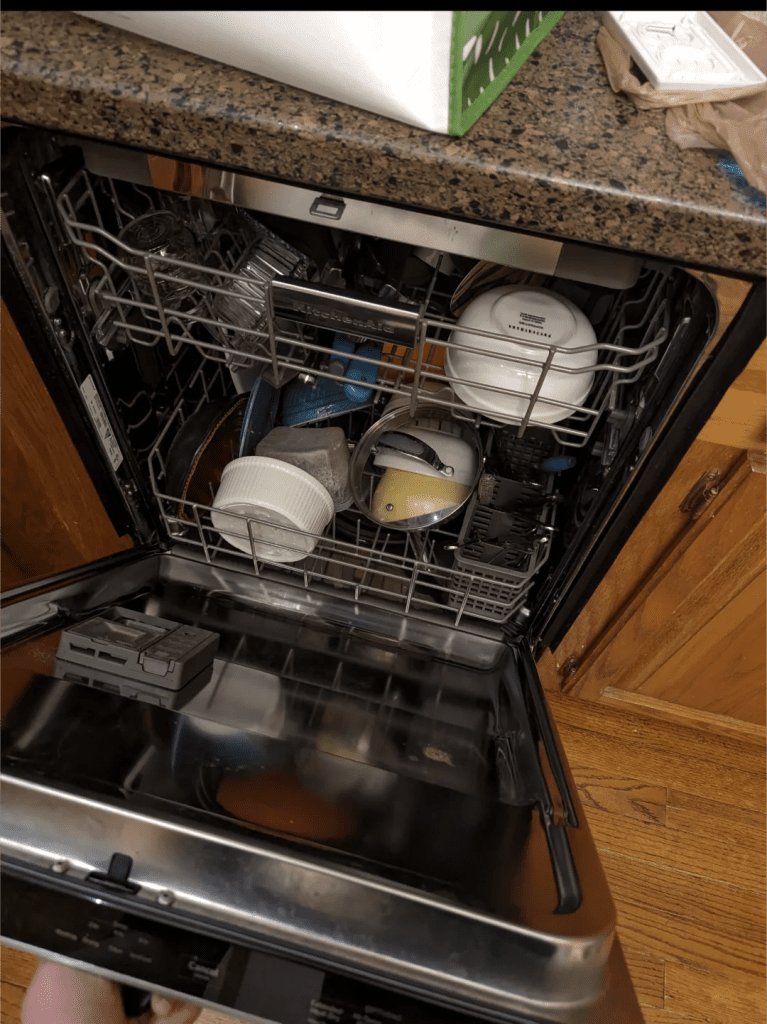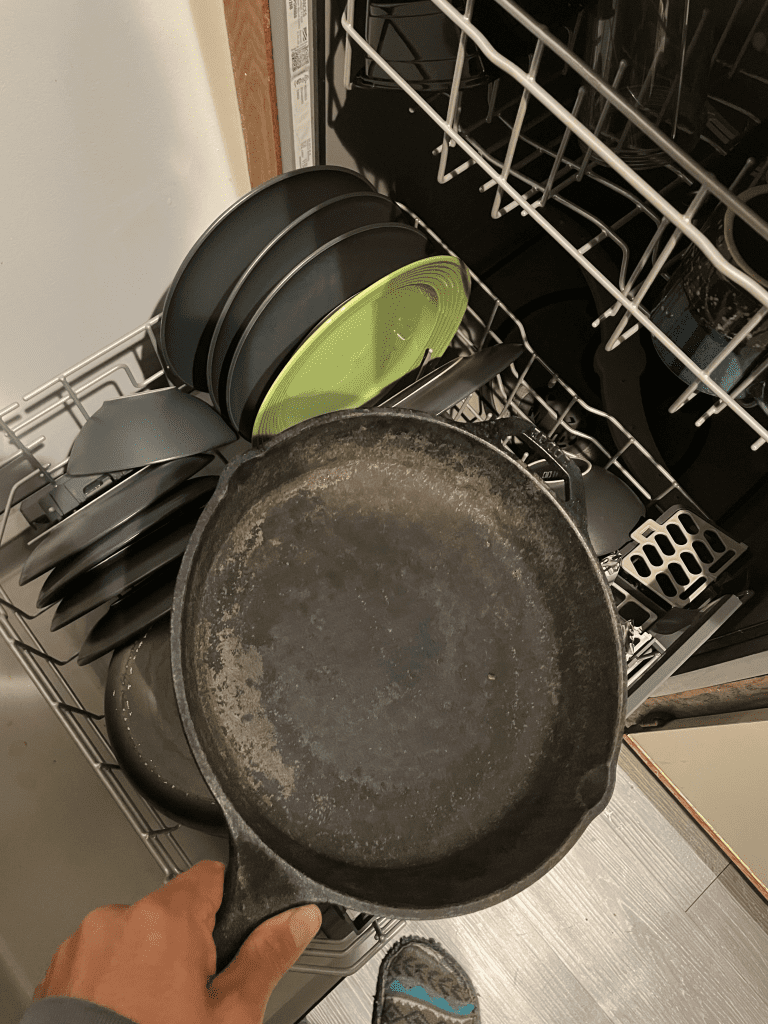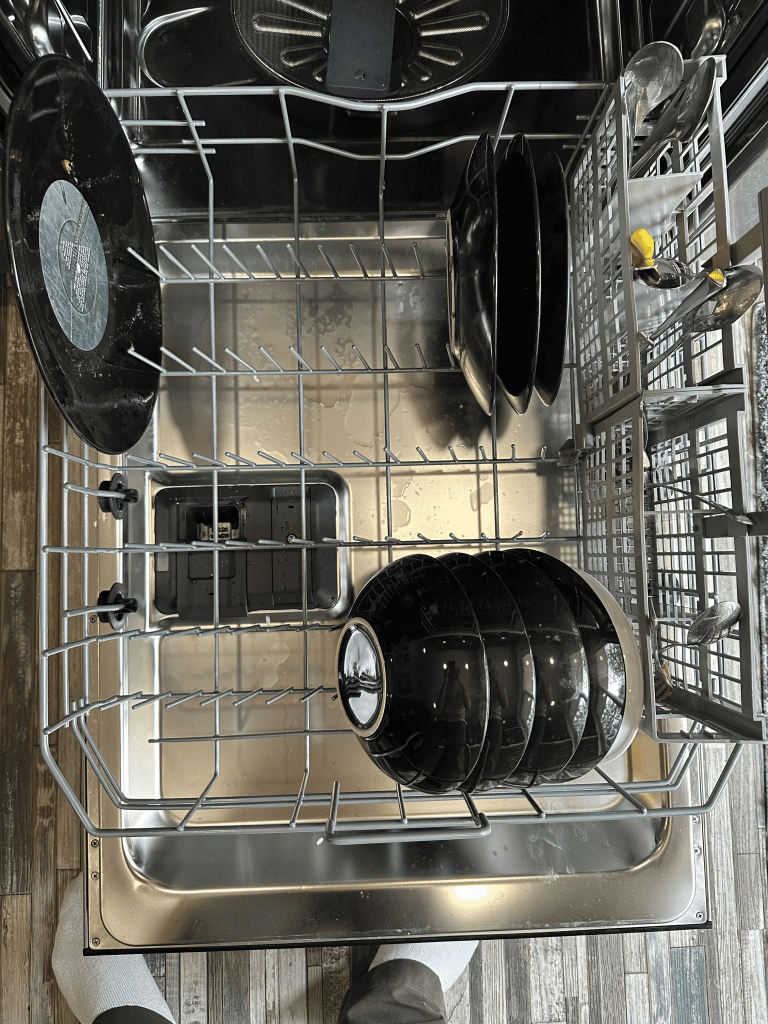When it comes to home appliances, we often develop a bond with the ones that serve us well. In the case of my uncle, his 14-year-old dishwasher has earned a permanent spot in his heart—and his kitchen. While he swears it’s still in good working order, I can’t help but wonder if holding onto an aging dishwasher is really the best decision. How long should a dishwasher last, and what risks might come with hanging onto an older model? Here’s a closer look at the lifespan of dishwashers, signs it may be time to upgrade, and ways to encourage a loved one to embrace change.
Understanding Dishwasher Lifespan: How Long Do They Really Last?

Dishwashers, like other home appliances, have a general lifespan. On average, most dishwashers last between 7 to 12 years, depending on factors like brand, model, and maintenance. So, my uncle’s 14-year-old dishwasher is an outlier—still functional, yes, but likely nearing the end of its life expectancy.
The reality is that while some dishwashers exceed expectations with the right care, many older units lose efficiency and reliability over time. Dishwashers from over a decade ago may not perform as effectively as newer models, even if they seem to be running fine. Understanding this typical lifespan can help you assess whether your appliance is living on borrowed time.
Signs That Indicate It’s Time to Replace a Dishwasher
While a 14-year-old dishwasher can still be running, it’s important to recognize when it may be time to upgrade. Here are some common signs that an old dishwasher might need to be replaced:
- Persistent Leaks: If there are small pools of water after each cycle, the unit may have failing seals or connections, increasing the risk of water damage in your home.
- Loud or Unusual Noises: Unusual clunking, grinding, or rattling noises are usually a sign that the motor or other internal parts are wearing down.
- Poor Cleaning Performance: If dishes are consistently coming out dirty or with food residue, the dishwasher’s cleaning power may have weakened over time.
- Frequent Repairs: Constantly fixing parts can add up. At a certain point, replacing the machine can be more cost-effective than continuing with repairs.
- Rust Inside the Dishwasher: Rust buildup can affect the machine’s ability to clean effectively, and rust particles can even end up on your dishes.
For my uncle’s dishwasher, even if it’s still operational, some of these issues may already be present or could develop soon. Ignoring these signs could lead to bigger issues down the line, like water damage or inefficient cleaning.
Safety Concerns with Older Dishwashers
One of the biggest concerns with older appliances is safety. As dishwashers age, electrical components can wear out, increasing the risk of electrical fires or short circuits. Models from over a decade ago may lack safety features that are standard today, such as child locks and anti-flood mechanisms.
In my uncle’s case, if his dishwasher has never been inspected for safety updates or potential hazards, it could pose a greater risk than he realizes. In any household, but especially in one with children or pets, keeping a potentially unsafe appliance around can be risky. By upgrading, he could ensure that his kitchen is as safe as possible.
The Cost-Benefit Analysis of Keeping an Old Dishwasher
While my uncle might be saving money by holding onto his old dishwasher, he could actually be spending more in the long run. Here’s why:
- Higher Utility Bills: Older dishwashers are often less energy-efficient, leading to higher water and electricity usage. Newer models are designed to conserve resources, which translates to lower monthly bills.
- Frequent Repairs: As appliances age, they tend to break down more frequently. Repairing parts like pumps, motors, or seals can add up quickly, making it more practical to invest in a new unit instead.
- Reduced Cleaning Efficiency: An aging dishwasher might take longer to clean effectively or may not clean as thoroughly, leading to re-washing or pre-washing dishes, which consumes more water and energy.
Upgrading to a newer, energy-efficient dishwasher might involve an upfront cost, but the savings on utility bills and maintenance can quickly offset the expense.
Environmental Impact: Old vs. New Dishwashers

Apart from cost savings, using an older dishwasher has environmental implications. Newer dishwashers are designed with eco-friendly features, including reduced water consumption and improved energy efficiency. Older dishwashers can use several gallons more water per cycle than modern models, contributing to higher overall water waste.
With an increased focus on eco-conscious living, switching to an energy-efficient dishwasher can be a small but significant way to reduce one’s carbon footprint. By sticking with an old appliance, my uncle might be using more resources than necessary, unintentionally impacting the environment. A newer dishwasher could be a meaningful step towards more sustainable living.
Modern Dishwashers: A Range of New Features
Today’s dishwashers are equipped with features that would make even the most reluctant user reconsider. Here are a few modern conveniences that come with many new models:
- Smart Technology: Some dishwashers can connect to Wi-Fi, allowing you to start or monitor cycles from your smartphone.
- Customizable Wash Cycles: Choose specific cycles for delicate glassware or deep-cleaning pots and pans, allowing for more versatility and tailored performance.
- Noise Reduction: Modern dishwashers operate more quietly, often as low as 40-50 decibels, making them ideal for open-concept homes where noise can travel.
- Energy Efficiency: New dishwashers are Energy Star certified, saving water and energy with each load.
These advancements could make a significant difference in convenience, safety, and efficiency, providing a better user experience than the older models my uncle might be used to.
How to Convince a Stubborn Relative to Upgrade

It can be tricky to convince someone to part with a familiar appliance, especially when sentimentality is involved. In cases like my uncle’s, the best approach may be to highlight the benefits of a new dishwasher in terms of practicality and peace of mind. Here are a few suggestions:
- Focus on Cost Savings: Emphasize the potential for lower utility bills and fewer repair expenses.
- Highlight Safety Features: Explain the safety risks of keeping an old appliance and how newer models come with advanced safety features.
- Offer to Help with the Upgrade: Offer to help with research, installation, or even contribute to the cost if that’s feasible.
- Present the Environmental Angle: Explain the eco-friendly benefits of a more efficient appliance, which might appeal to his sense of responsibility.
By approaching the conversation with empathy and practical reasons, you’re more likely to make a positive impact on their decision.
Conclusion: Balancing Sentimentality and Practicality in Appliance Choices
The choice to replace an old appliance like a 14-year-old dishwasher is often a mix of emotion and logic. While it’s easy to become attached to something familiar and reliable, it’s important to weigh safety, efficiency, and environmental considerations. In my uncle’s case, his sentimental attachment to his dishwasher is understandable, but there are compelling reasons to consider an upgrade.
Replacing an old dishwasher doesn’t just mean buying a new machine; it means improving household safety, reducing long-term costs, and supporting a more sustainable way of living. Ultimately, balancing sentimentality with practicality can lead to a well-informed choice that benefits both the household and the planet.


